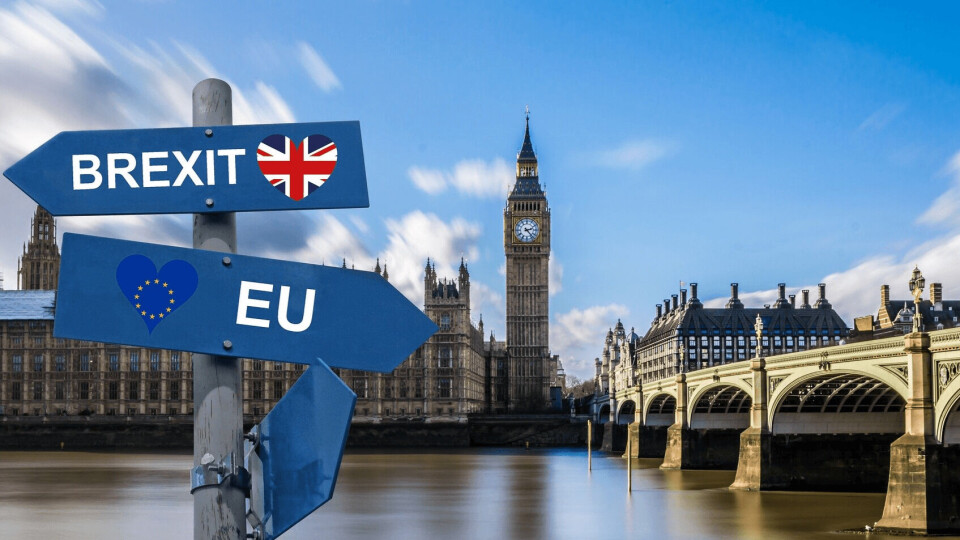
Norway salmon exports to UK worth 30% less in Q1
The value of salmon exports from Norway to the UK dropped by 30% in the first three months of this year compared to the same period in 2020, the deputy chief executive of Seafood Norway has said.
Trond Davidsen blamed both Brexit and strict Covid measures for causing difficulties but said the flow of goods was now working more smoothly.
Although Norway is not in the EU, the end of the Brexit transition period at the end of 2020 meant the country’s trade relations with the UK were no longer regulated by the European Economic Area (EEA) agreement which governs trade between EU member states and Iceland, Liechtenstein and Norway.

A demanding period
“It has been a demanding period for many, which among other things has helped to force a scheme with air freight of salmon from Evenes to London,” he told Fish Farming Expert’s Norwegian sister site, Kyst.no.
“If we look at the export week by week for the salmon, there are significantly smaller volumes entering the British market this year than at the same time last year. In terms of value, salmon is about 30% below what it did at the end of March last year. Haddock has performed relatively better than cod, we have actually seen an increase in both export volume and value for fresh haddock. This is gratifying.”
Davidsen pointed out that there has been a drop of about 20% for all seafood going to the UK compared to last year.
“It is clear that this is noticeable for Norwegian exporters. The UK is one of the most important markets for Norwegian seafood.”
Ending lockdown
The Seafood Norway executive added that he was optimistic that things would improve, both as a result of problems at the border being resolved, and British society opening up after lockdown.
“It means an incredible amount that the retail trade is normalised and not least that restaurants are reopened, that nightlife starts and that mobility in society is increased,” said Davidsen.
He added that it was positive that the introduction of new requirements for health certificates and border controls had been postponed. A health certificate requirement for fish and seafood being imported by the UK was due to be introduced on April 1.
“The British authorities have announced that the new health certificate requirements will be postponed until October 1, 2021. In addition, border control on the British side will be postponed until January 1, 2022. This means that we avoid new problems that could arise this spring.”
Trade agreement
A permanent negotiated trade agreement between the UK and Norway is not far off. The deadline for Norway to complete the negotiations with the United Kingdom was 10 April, but so far no clarification has been received from the government on this issue.
“This is an agreement that is very important and where the overall seafood industry is concerned that we seize the opportunity to create more activity and value creation along the coast of Norway,” said Davidsen.
“It is the first time since the negotiations on the EEA agreement that we now have a real opportunity to bring about improvements in market access for our seafood in Europe.
“We expect the government to seize this opportunity, so that we can develop a processing industry in Norway with more attractive jobs to the coast and the districts.”























































